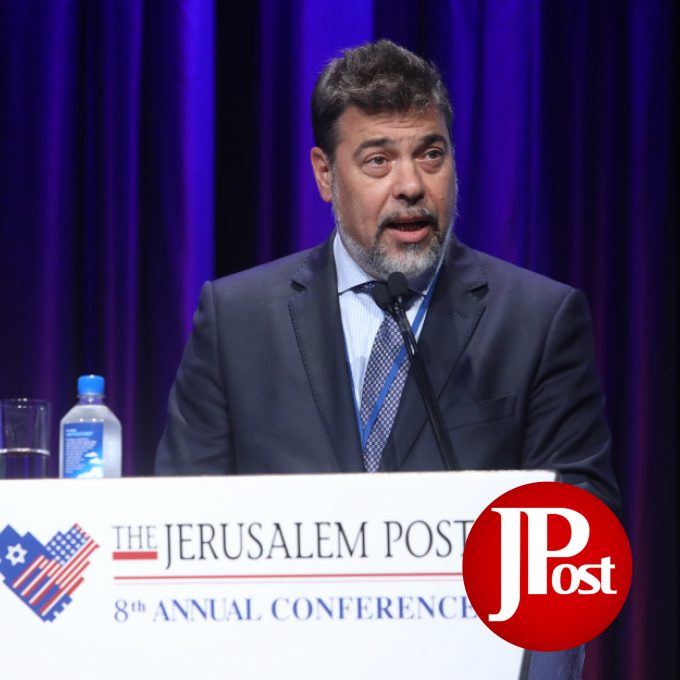See original article here
Dario Werthein has been the dynamic Chair of the World ORT Board of Trustees since 2016 and has supported ORT for many years, both in his home country of Argentina and around the world. He has held senior management responsibilities at various companies, having served as deputy general manager of Banco Mercantil Argentino, and as vice president of Ecoban Finance Limited in New York.
Werthein’s roots in ORT predate his own involvement. “My mother was a World ORT member and the President of ORT Argentina,” he explains. “She put her stamp on the organization by carrying out innovative activities and putting education in a privileged place in front of the community. Her dedication and effort transmitted to us, her children, the passion and conviction of working for these ethical principles.”
Education is a prime value for Werthein, which is why he considers ORT so important. “I believe that education is one of the most influential factors for the progress of individuals and societies. Apart from providing knowledge, education enriches culture, spirit and values, and all those things that characterize us as human beings. I love and am so enthusiastic about working in this global organization which has a clear mission in life – to provide communities wherever they are, with the skills and knowledge necessary to cope with the complexities and uncertainties of their environment.”
World ORT, which will be celebrating its 140th anniversary next year, was founded in Saint Petersburg at the end of the 19th century to help Jews acquire skills that would enable them to become self-sufficient. Over the years, the skills needed for success have changed and World ORT has adapted with the times, emphasizing science, technology, engineering and math (STEM) skills, which are needed in today’s hi-tech business environment. It is estimated that by the time a child entering first grade today graduates high school, 70% of the positions in the employment market will be for be jobs that do not exist today. How does ORT prepare children for an unknown future?
Werthein says that most of today’s successful careers did not exist two decades ago. While he acknowledges that it is impossible to train young people today for jobs that are not yet known, he says that the building blocks of education remain the same. “Our young people can be trained in thinking skills, and they can be taught to be more resilient, to respond to different challenges, to be more adaptable and flexible, to be more open and receptive, and to be more tolerant and supportive. ORT makes children find and develop their talent, to look for those things they feel passion for, and especially stimulates their entrepreneurial potential.”
Of course, ORT, teaches more than technical skills, transmitting Jewish identity, knowledge and values in all of its schools. Werthein says that “World ORT is proud of its Jewish identity, history and values. The Jewish values of ‘Tikkun Olam’ – making the world a better place – and social responsibility are promoted alongside other aspects of personal development.”
World ORT, with 300,000 students and 9,000 teachers in 35 countries, is truly an international educational network, and Werthein feels that ORT is uniquely positioned to promote dialogue and international cooperation. Last month, Werthein participated in the signing of an agreement of collaboration between World ORT and the Scholas Ocurrentes, the educational organization of the Vatican. The joint agreement will enable youth from around the world, of different religions and socio-economic backgrounds, to engage in an open, meaningful and multi-cultural dialogue.
“Two such different organizations,” says Werthein, “but they both share a common social goal to make the world a better place.” The signing ceremony was held in the presence of Pope Francis. Says Werthein, “As a proud Jew, I gave him a special gift from Jerusalem. The moving ceremony symbolized in my eyes that a bridge of dialogue and peace is within our reach.”
In addition to his participation with ORT, Werthein chaired the Tzedaka Foundation, one of the largest social welfare organizations in Argentina, and is a member of the executive Board of the Joint Distribution Committee. “If we go back through our personal stories,” he explains, “we will find parents and grandparents that were benefactors in various causes. All of them taught us not to be indifferent to pain, to defend the integrity to all human beings and above all, to understand education as the best tool to make a better world.”





